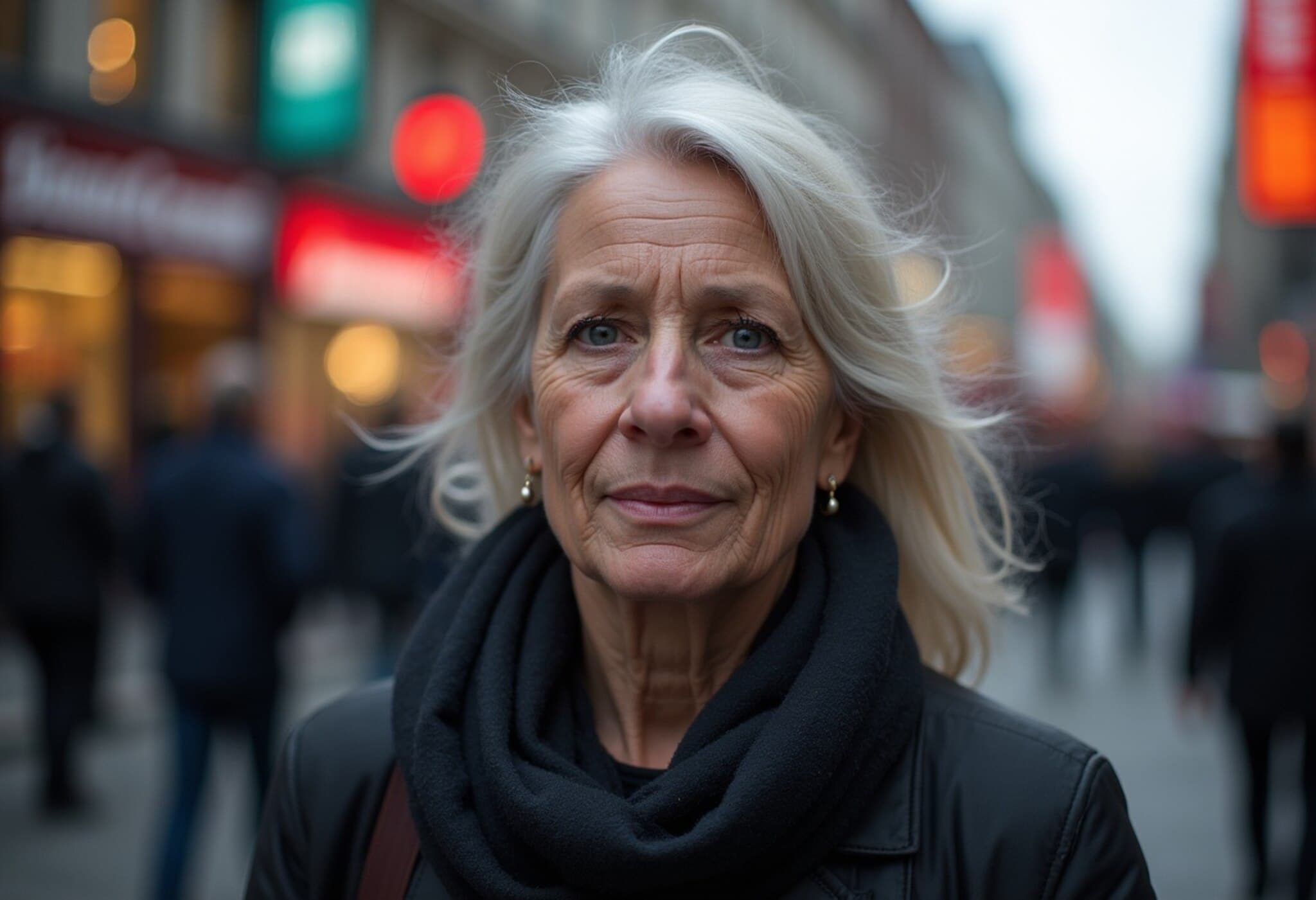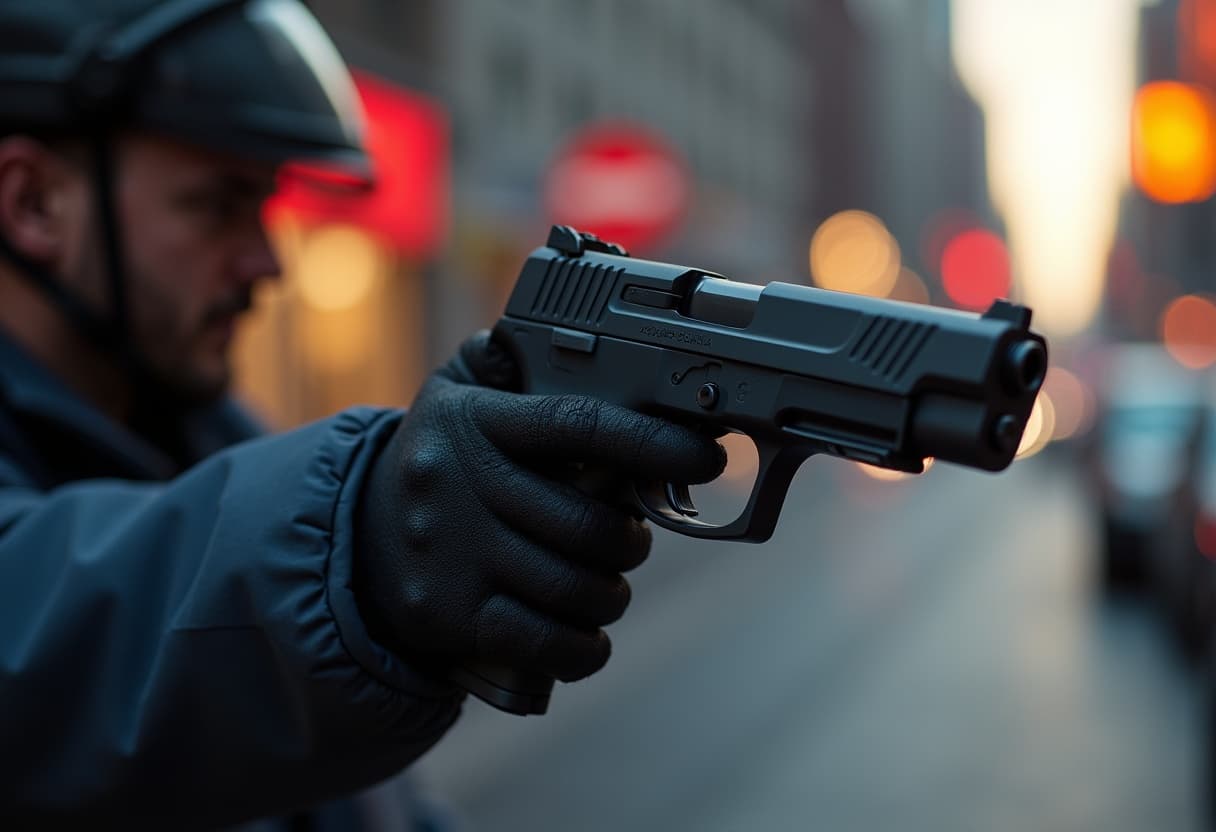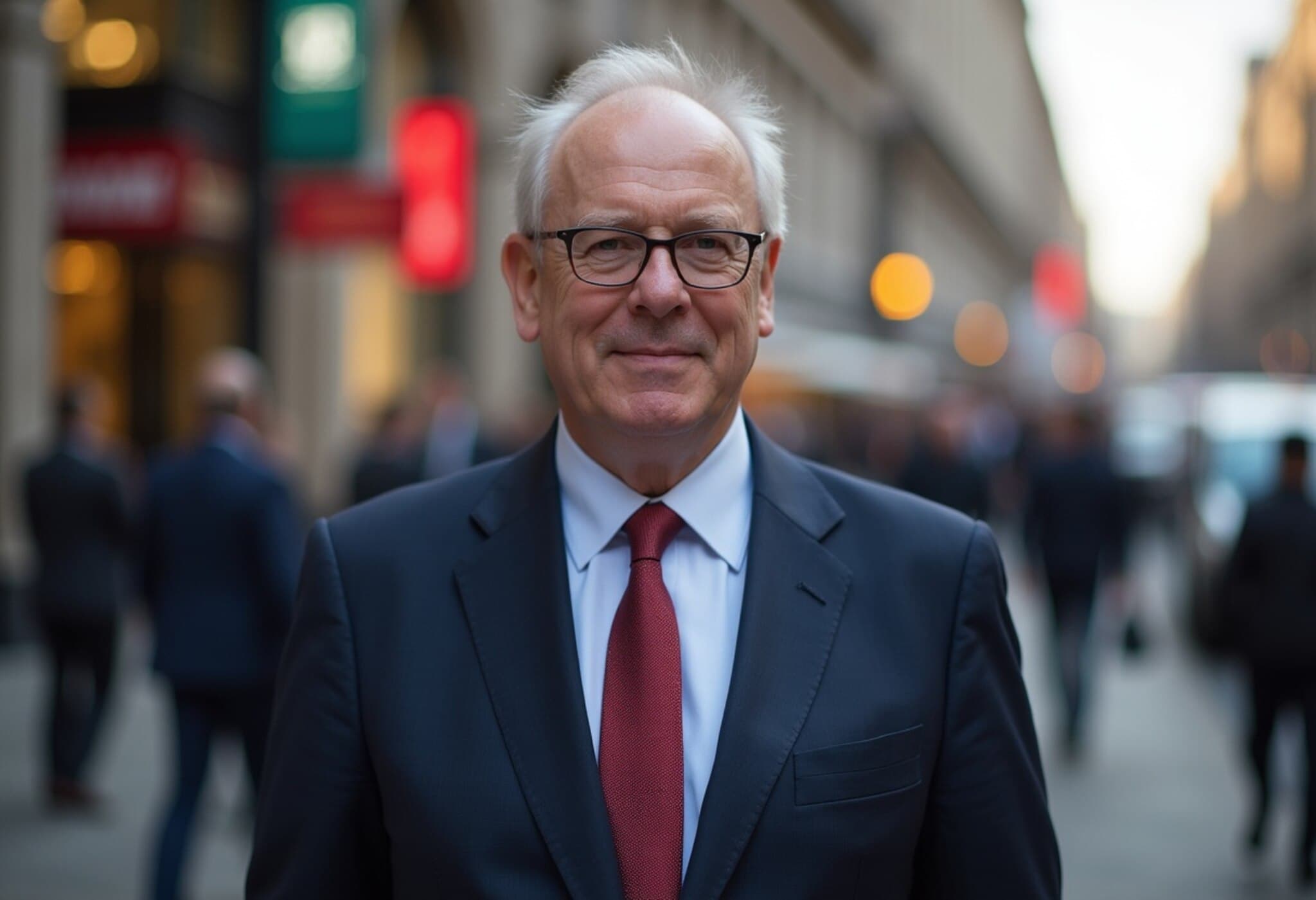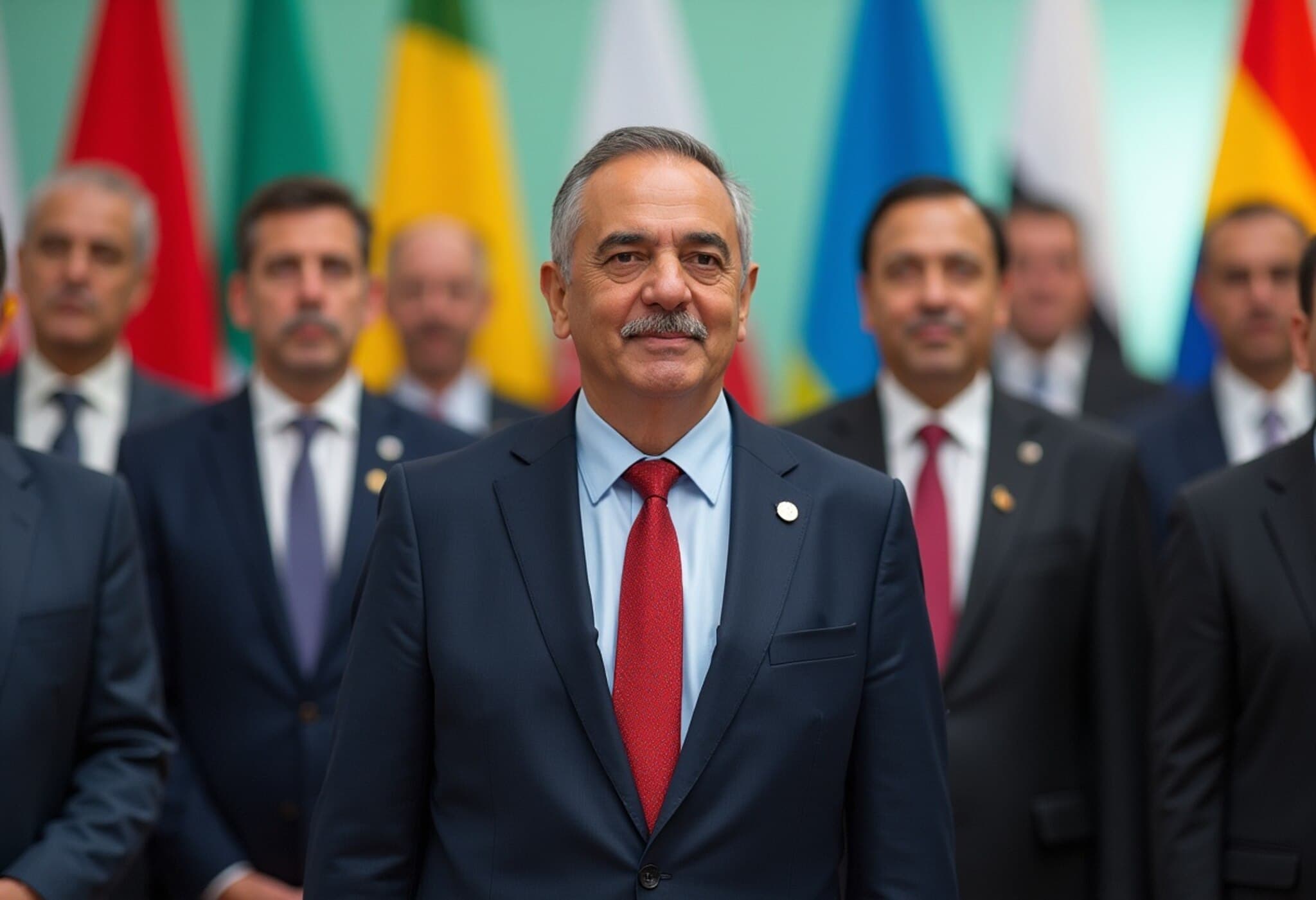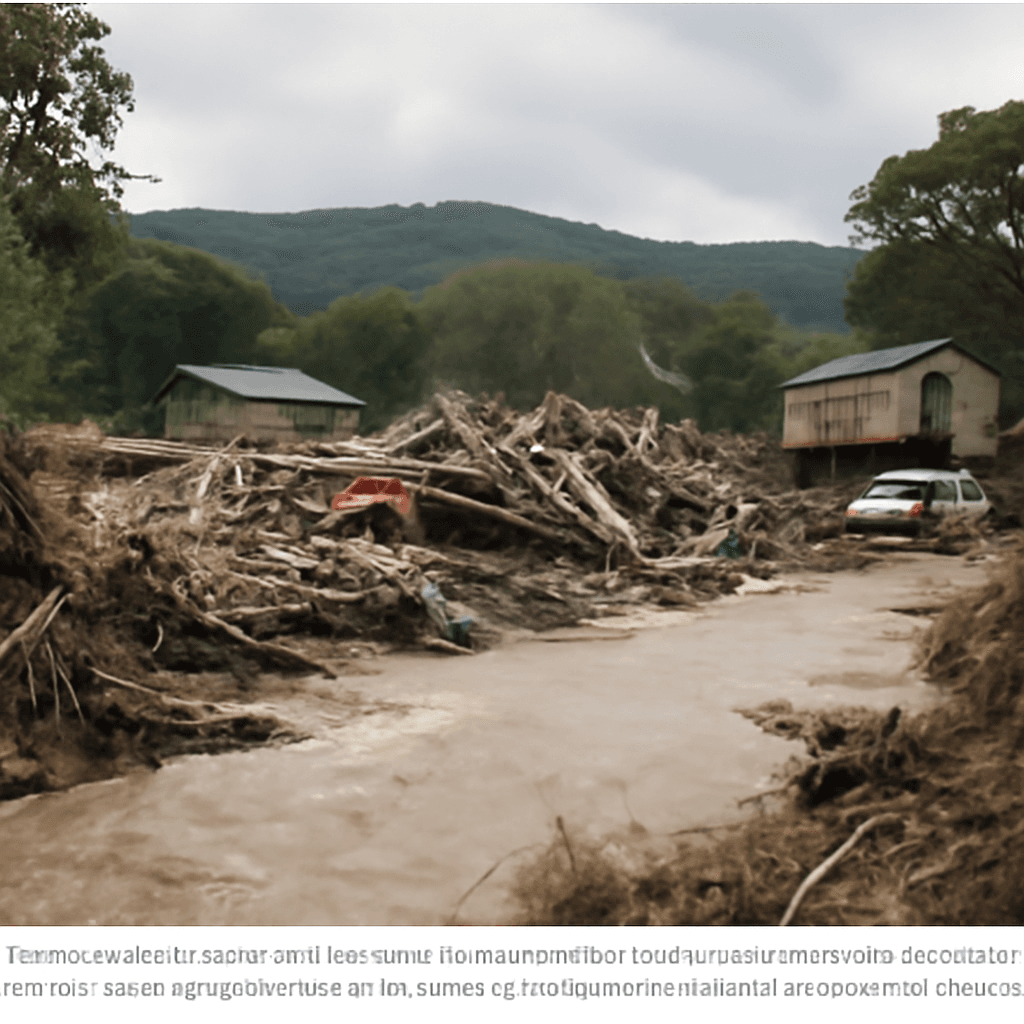Commemorating a Dark Day in London’s History
On July 7, 2005, London suffered a devastating terrorist attack that claimed the lives of 52 innocent people and left countless others scarred physically and emotionally. Two decades later, survivors, families, and dignitaries from around the globe gather to honor the victims and reflect on the profound impact this tragedy has had on the city and the world.
The Attacks Unfold: A Morning Forever Changed
At 8:50 a.m., as London’s bustling workforce hurried to their destinations, four Islamist extremists unleashed a coordinated assault using homemade bombs. Three detonated explosives on London Underground trains near the city center, while the fourth targeted a double-decker bus at Tavistock Square.
The carnage wrought by these attacks sent shockwaves through London and beyond. The bus, stripped of its upper deck by the force of the explosion, became a harrowing symbol of the day’s horror.
Australian Lives Touched by Terror
The impact of the attacks was heartbreakingly international. Melbourne native Sam Ly, 28, a computer technician who had relocated to London after working at Monash University, was aboard the ill-fated bus. He succumbed to his injuries a week later, highlighting the far-reaching consequences of global terrorism.
Another survivor, Gill Hicks, was on the Piccadilly line when the blast occurred nearby. She endured the loss of both legs but has transformed her pain into a powerful narrative that educates and inspires. Hicks’s one-woman show, Still Alive (and Kicking), chronicles her journey from survivor to advocate and performer, underscoring resilience in the face of unspeakable tragedy.
“If I could have amnesia, I would”
Thelma Stober, another survivor who lost her lower left leg after an explosion at Aldgate station, poignantly expressed a wish many share: erasing the trauma from memory. Yet she carries the vital role of witness, standing as a living testament to those who perished.
Security Concerns and the Ongoing Legacy
The memorial service’s location remains confidential to preempt potential security threats—a somber reminder that despite the passage of two decades, the threat of violence endures, and vigilance remains paramount.
The Australian High Commissioner to the UK, Stephen Smith, along with political and community leaders, will participate in the commemoration, exemplifying international solidarity against terrorism.
Political Reflections and Broader Context
In the wake of the attacks, then-Australian Prime Minister John Howard drew parallels between the London bombings and other terror acts, such as the 2002 Bali bombings and the 2001 September 11 attacks. He emphasized that these acts stemmed from a “perverted, twisted and totally immoral depiction of extreme Islam.” This stance framed the global understanding of terrorism motivated by extremist ideologies and influenced policies on counterterrorism.
What Has Changed — and What Remains?
- Security Enhancements: The London Underground and public spaces have seen significant upgrades in surveillance, emergency response, and public awareness programs.
- Survivor Advocacy: Many survivors, like Gill Hicks, have become vocal advocates for peace, resilience, and support for victims of terrorism worldwide.
- Community Healing: Memorials and educational initiatives help communities process collective trauma while fostering inclusivity.
Experts Weigh In: The Psychological and Societal Toll
Psychologists note that while the immediate physical damage from such attacks is evident, the psychological scars often last a lifetime. Survivors wrestle with post-traumatic stress, grief, and the challenge of reintegration. Public memorials serve as crucial ceremonies of remembrance, providing closure and collective acknowledgment.
From a policy perspective, the 7/7 attacks accelerated the development of international intelligence sharing, counterterrorism legislation, and urban security protocols — particularly relevant issues for American policymakers who face similar challenges in protecting metropolitan transport systems.
Looking Ahead: Lessons From London’s Tragedy
As the world remembers the July 7 attack, it is essential to ask:
- How can societies better support survivors beyond physical rehabilitation to embrace full emotional recovery?
- What role do public narratives and survivor stories play in combating extremism?
- How should governments balance security measures with civil liberties in public spaces?
These questions reverberate far beyond London, touching on global concerns about terrorism, resilience, and the human capacity to heal.
Editor's Note
The 20-year memorial of the 7/7 London bombings reminds us not only of the fragility of peace but also the indomitable human spirit. Survivors’ stories, like those of Gill Hicks and Thelma Stober, offer a profound lens into trauma and recovery. As cities worldwide grapple with safeguarding their citizens, the legacy of 7/7 challenges us to remember victims while thoughtfully addressing the complex socio-political realities of modern security. The day stands as a somber testament and a call to collective vigilance and compassion.

